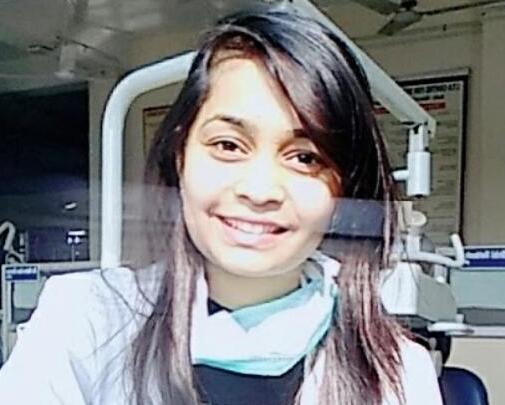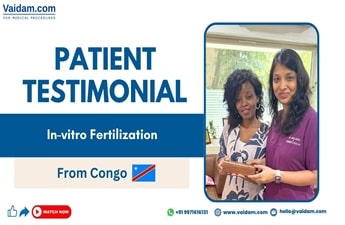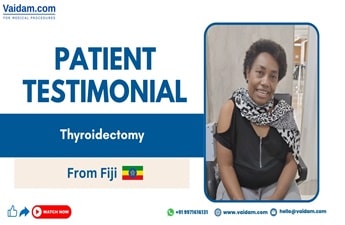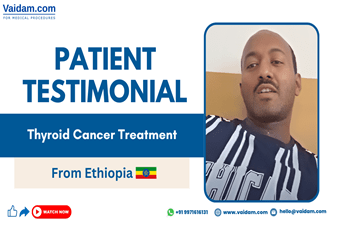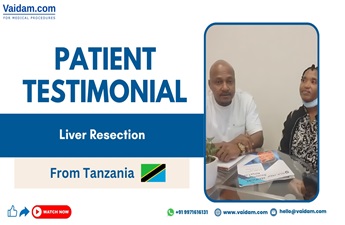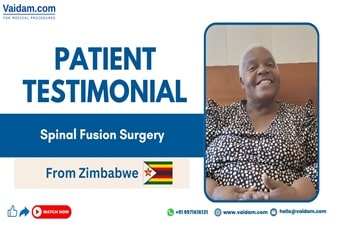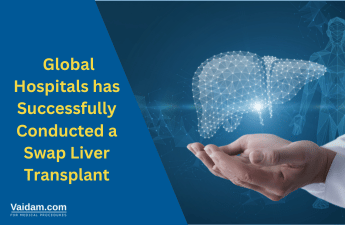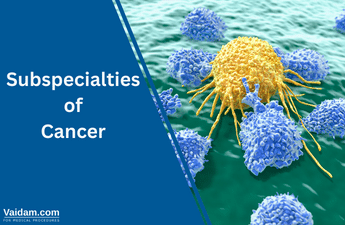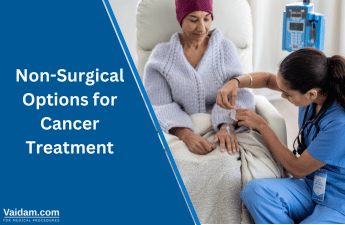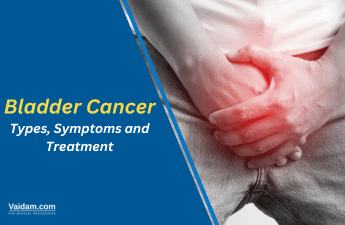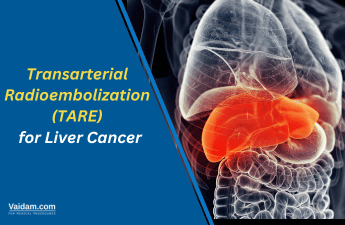Colon cancer usually hits older adults, although it can happen at any age. According to doctors, you don’t have to worry until you are 50. That’s the ‘age’ when doctors ask the patients to go for regular cancer screening.
Today colon cancer has taken a high rise among people under 35 as well.
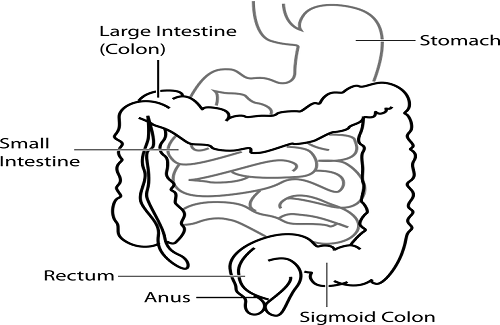
What is Colon Cancer Pain Like?
The colon helps in food absorption and eliminating waste products from the body. When the tumor develops in the colon, it may show no signs at first. However, when there is severe abdominal pain, then you need to consult a medical professional who can suggest you for a cancer screening test. There are highly-qualified, well-experienced gastroenterologists in India who are well-versed with a full spectrum of gastrointestinal disorders ranging from mild to severe.
Get in Touch with Medical Experts
Do Colon Cancer Symptoms Come on Suddenly?
Colon cancer may show no to little symptoms. However, if you experience bleeding from your rectum or blood in the stool, then it’s high time to seek medical help. The specialist conducts a faecal occult blood test in which a stool sample is submitted to detect the presence of blood in the stool. There are some other signs, if persist as well that can help in making an appointment with the specialist:
- Rectal bleeding which is referred to as bleeding from the anus, rectum, colon or all parts of the digestive tract. If you experience bright red blood from the stool, then it demands an evaluation. The blood sometimes may be invisible or causes black or tarry stool.
- If you’re anemic patient, then rectal bleeding doesn’t show up.
- Fatigue or pale-colored skin due to anemia
- Changes in bowel movement
- The reason behind the rectal bleeding is often detected with a fecal occult blood test.
If the size of the tumor is enlarged, then it may block your colon - wholly or partially. It eventually leads to severe changes in bowel functionality, such as:
- Abdominal distension: It is indicated by the bloating and swelling in the belly area and could be due to wind, pregnancy, overeating and constipation. The belly usually comes out more than its actual size.
- Abdominal cramps: Colon cancer occurs in the large intestine (colon) which affects bowel movements at a large scale. This change in bowel movements leading to bloating, cramping or abdominal pain which could be an indicator of colon cancer.
- Sudden, unexplained weight loss
- Small-caliber or ribbon-like stools
- Constipation
- Nausea or vomiting
- Feeling as if bowels are not emptied, even after a bowel movement
Do you know that colon cancer is the third most cancer diagnosed in men and women? By 2030, colon cancer cases are likely to increase by 90% if the situation continues like this.


